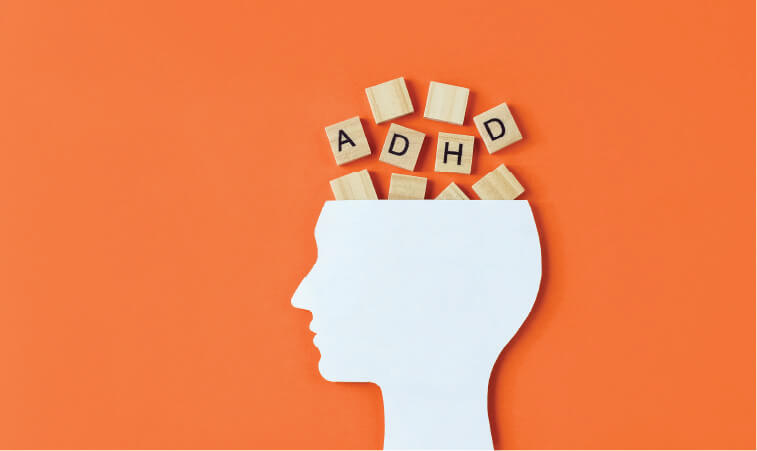Nature’s Classroom, an innovative approach to outdoor education, has emerged as a transformative strategy for enhancing cognitive functions in individuals with Attention Deficit Hyperactivity Disorder (ADHD). ADHD is a neurodevelopmental disorder that affects both children and adults, characterized by difficulties in sustaining attention, controlling impulses and regulating hyperactivity. Traditional classroom settings often present challenges for individuals with ADHD, leading to academic and social struggles. Nature’s Classroom provides a unique and refreshing alternative, tapping into the therapeutic potential of the great outdoors to foster cognitive enhancement. The outdoor environment inherently offers a multisensory experience that engages and stimulates the senses in a way that traditional classrooms cannot. Nature provides a dynamic and ever-changing setting, allowing individuals with ADHD to explore and interact with their surroundings. The sensory-rich natural elements, such as the feel of the wind, the sound of rustling leaves and the scent of the earth, create a sensory environment that promotes sensory integration, a key component in managing ADHD symptoms. This holistic approach to learning helps individuals with ADHD develop better focus and attention regulation by harnessing the calming and organizing effects of nature.

Physical activity is another integral aspect of Nature’s Classroom that contributes significantly to cognitive enhancement. Engaging in outdoor activities not only addresses the hyperactivity component of ADHD but also promotes overall physical well-being. Activities such as hiking, rock climbing and team-building exercises not only provide an outlet for excess energy but also improve executive functions, including working memory and cognitive flexibility. The combination of physical exertion and exposure to natural settings has been shown to enhance neurocognitive functions, leading to improved academic performance and cognitive control. Moreover, Nature’s Classroom promotes social interaction and collaboration in an environment that is less structured than traditional classrooms. This unstructured setting allows individuals with ADHD to develop social skills, communication and teamwork, fostering a sense of community and belonging. The collaborative nature of outdoor activities promotes a positive peer environment, where individuals learn to support each other, share responsibilities and work together to overcome challenges.
Beyond the immediate benefits, Nature’s Classroom has the potential to instill a lasting appreciation for the environment. This connection with nature can become a lifelong source of solace and coping mechanisms for individuals with natural remedies for adhd. The natural world serves as a consistent and reliable backdrop, providing a sense of stability and predictability that is often lacking in the tumultuous lives of those with ADHD. In conclusion, Nature’s Classroom stands as a beacon of hope for individuals with ADHD, offering a holistic and effective approach to cognitive enhancement. By leveraging the therapeutic power of the outdoors, this innovative educational model not only addresses the challenges associated with ADHD but also nurtures personal growth, resilience and a lifelong affinity for nature. As we continue to explore alternative methods of education, Nature’s Classroom emerges as a model that not only accommodates neurodiversity but celebrates it, creating an inclusive and enriching learning environment for all.